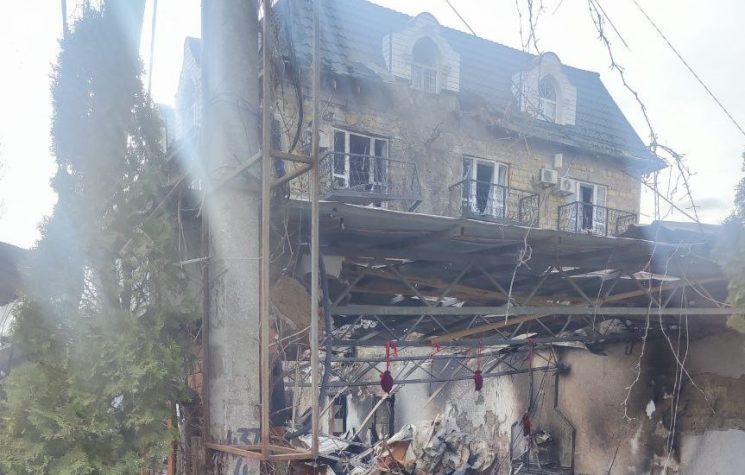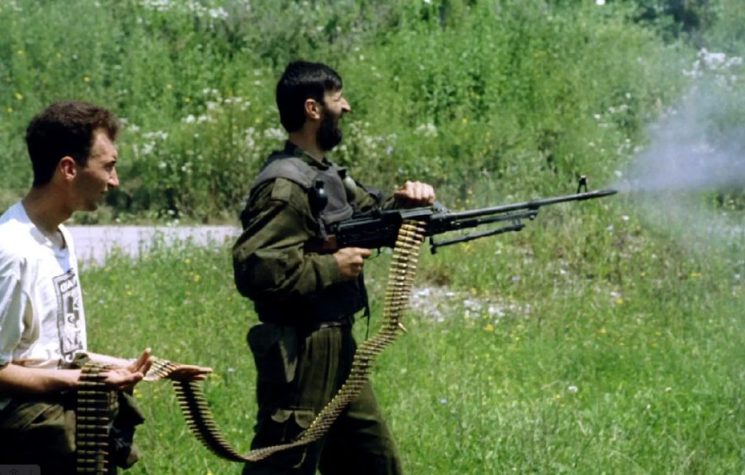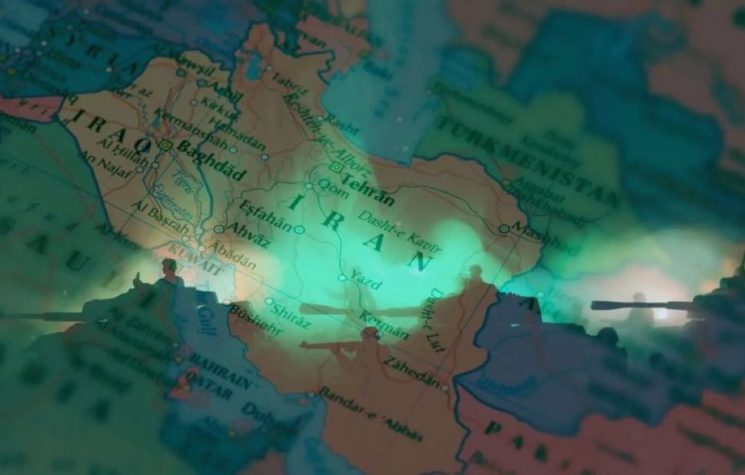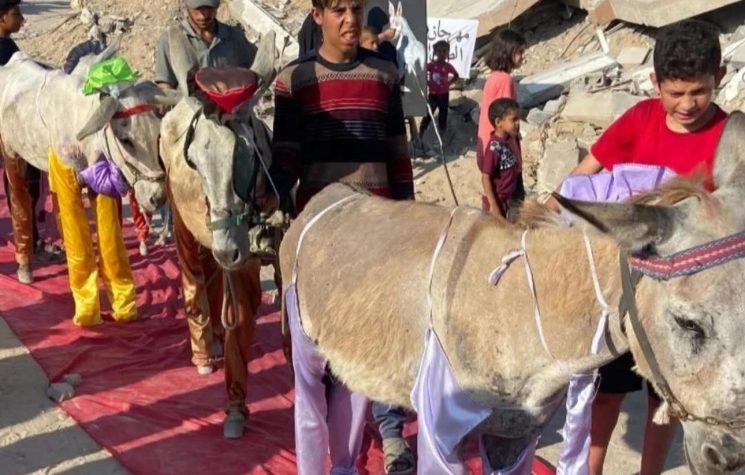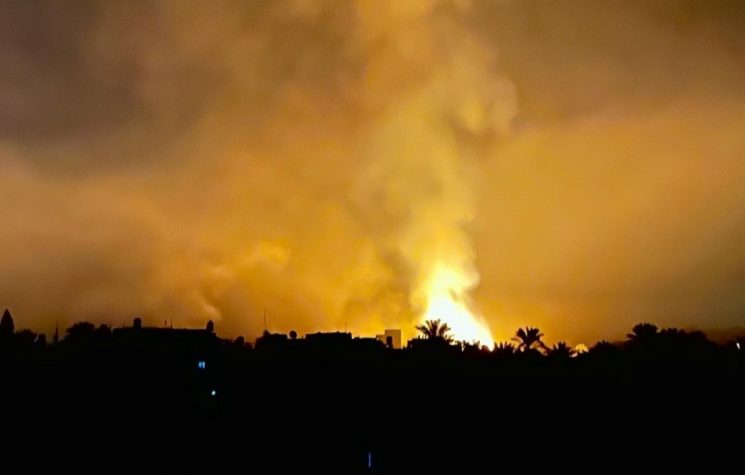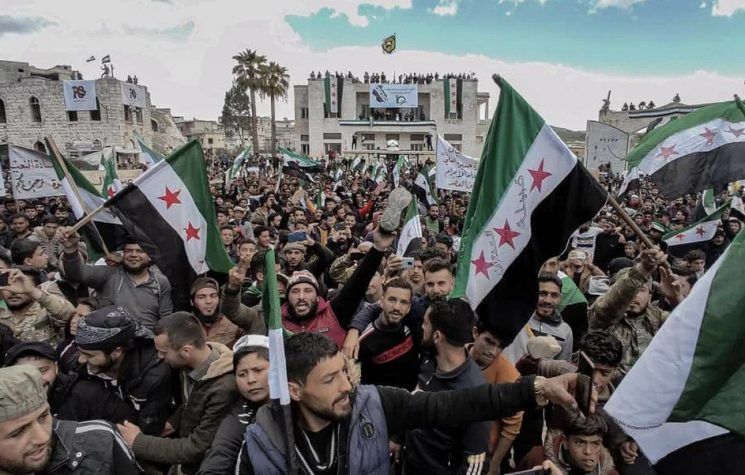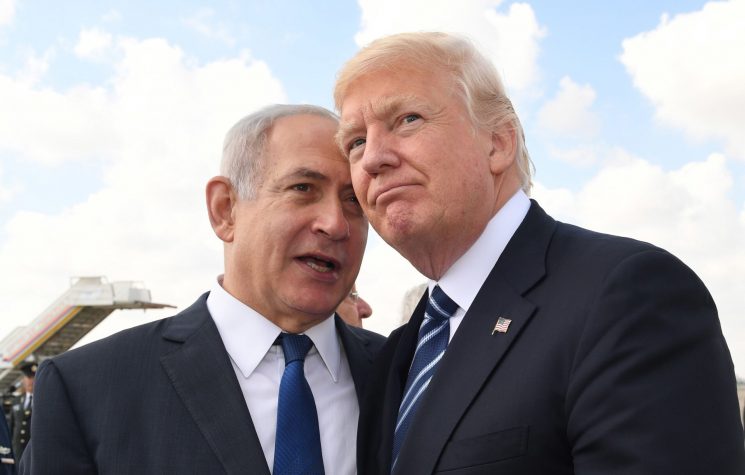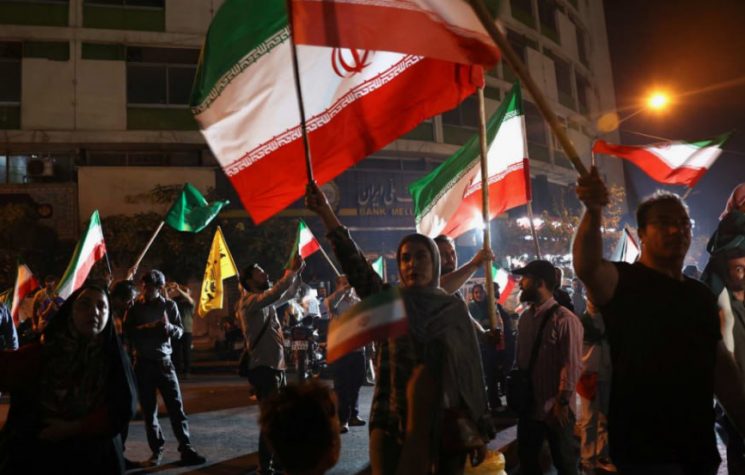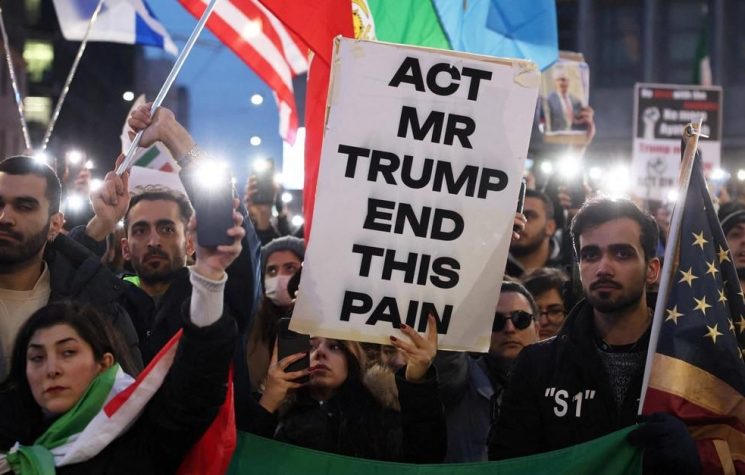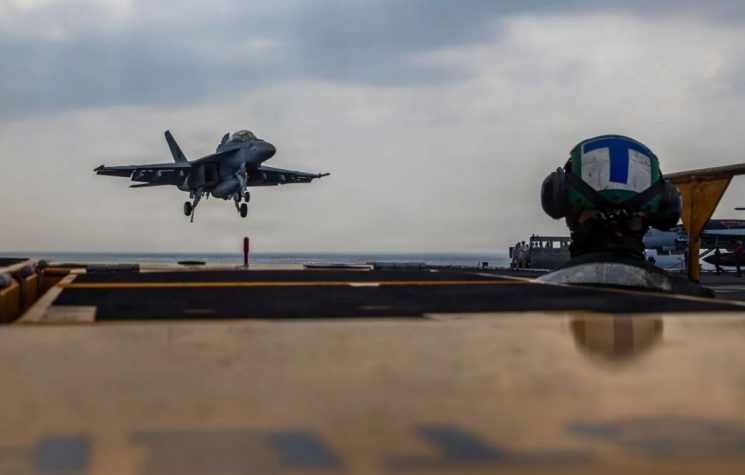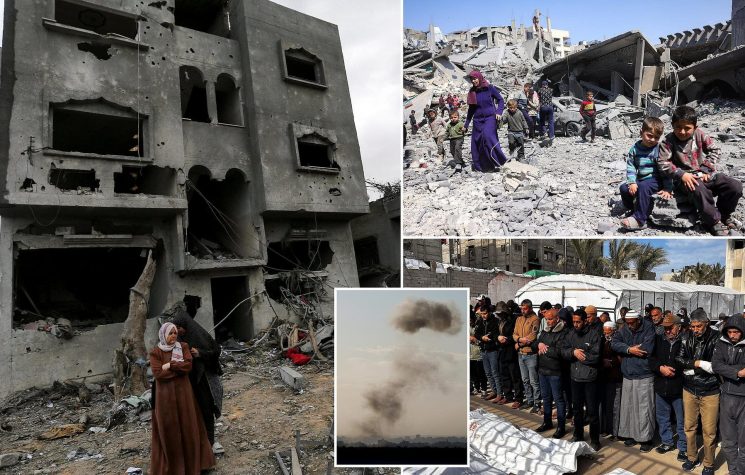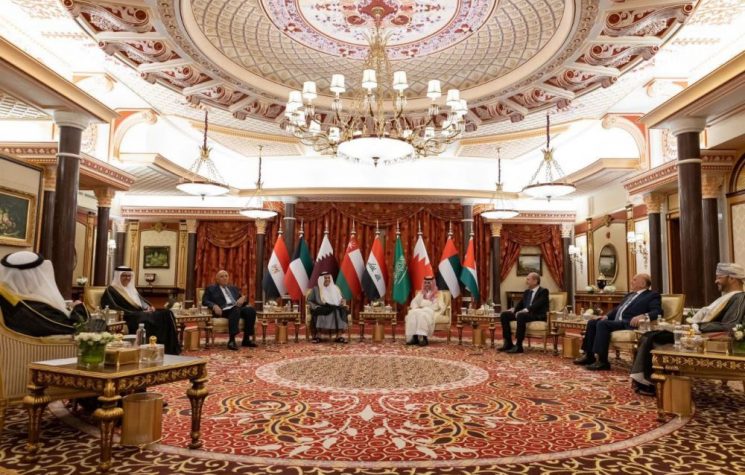This type of measure could increase frictions in the Middle East to a situation of total war between Tehran and Tel Aviv.
❗️Join us on Telegram![]() , Twitter
, Twitter![]() , and VK
, and VK![]() .
.
Contact us: info@strategic-culture.su
You can follow Lucas on X (formerly Twitter) and Telegram.
Attacking embassies, consulates and diplomatic personnel is an intolerable crime under international law. The inviolability of diplomatic buildings is a global principle that enables the elementary conditions necessary for international relations. Even in situations of total war and high-intensity conflicts, respect for diplomacy must be observed by the belligerent sides to prevent even worse escalations of violence from occurring.
Israel, however, appears unwilling to respect any international norm. Recently, the Zionist State bombed an Iranian diplomatic building, close to the Iranian Embassy in Damascus. At least seven Iranian citizens were murdered in the operation, including diplomats and a senior Revolutionary Guard commander. As expected, Tehran has promised retaliation and is already mobilizing its military forces for a possible conflict situation.
In fact, the act of bombing diplomatic installations can be considered terrorism, as it deliberately aims to kill civilians, without any military objective. As we know, attacks against civilians have become increasingly frequent in the Zionist war strategy. The Israeli regime simply appears to see all Palestinians in the Gaza Strip as legitimate targets, which leads the IDF to destroy all of the city’s civilian infrastructure and generate an ever-increasing number of non-military casualties among local residents.
However, it appears that Israel is also expanding its attacks on civilian targets to the international level. The destruction of one of the buildings of the Iranian Embassy in Damascus was certainly one of the most serious moves ever made in the current conflict. To make matters worse, Israeli officials have promised to carry out more attacks against Iranian and Shiite public figures, regardless of where they are located. Apparently, from now on Tel Aviv will openly adopt a rhetoric of “hunting” against Iranians.
Obviously, this situation will only generate more escalations. Israel is accustomed to attacking targets with little power to react, such as the stateless Palestinians or Syria, which is recovering from a brutal civil war. Iran, however, is a country in a different position. Tehran is the largest military power in the Middle East, having impressive weapons production and combat mobilization capabilities. The country controls the production of the main current military equipment, with modern long-range missiles and drones among its main tools of war.
Furthermore, Iran has more than only its military and Revolutionary Guard, controlling a complex network of anti-Zionist movements across the Middle East – the so-called “Axis of Resistance”. Armed organizations such as Hezbollah, the Iraqi Resistance, Syrian Shiite militias, the Houthis and the Palestinian guerrillas themselves are members of the Axis and are willing to fight a war in favor of Iran at any time. Even if Israel strives to destroy targets linked to regular Iranian forces, it will be difficult to neutralize the top leaders of all these organizations at the same time.
An open war between Iran and Israel would be catastrophic for the region from all points of view. Analyzing the military power of both countries, it is possible to say that Israel is militarily weaker. However, Tel Aviv has nuclear weapons. The possibility that Iran also has such weapons cannot be ruled out, but at least publicly there is no information to prove this. What is known, however, is that the Iranians already have full uranium enrichment capacity and control the industrial process that could lead to the production of an atomic bomb.
In a war scenario, Iran would also be favored by its complex geography. As a large country and with mountains that protect some of its important cities and industrial centers, Iran is less vulnerable to collapse in the face of foreign incursions than Israel. Furthermore, Tehran would mobilize the Axis of Resistance militias to attack Israel on several flanks, quickly making the Zionist state unable to fight given the existence of multiple fronts. In this scenario, Israel would be forced to choose between two fates: surrender or the use of its extreme arsenal.
However, history shows us that Iran has a great capacity to achieve military objectives without generating collateral damage. The country is used to asymmetric warfare, responding with patience and high precision to the provocations suffered, without escalating the regional situation into total war. Tehran will certainly do its best to retaliate against Israel without a formal declaration of war. It is possible that there will be more Axis of Resistance attacks against occupation forces in the coming days, just as it is possible that Israeli and American targets will be destroyed in high-precision raids.
It is not yet certain that there will be an open war, but it is absolutely clear that there will be a serious escalation. Israel is making a serious mistake by thinking that it will go unpunished after attacking the greatest military power in the Middle East.












